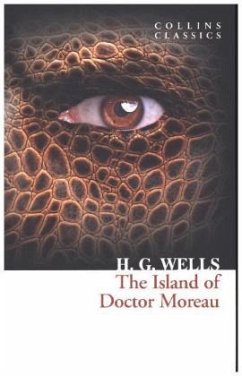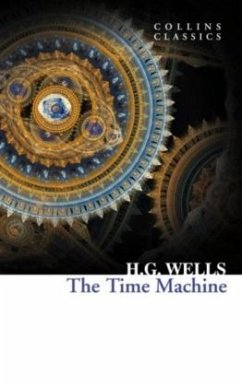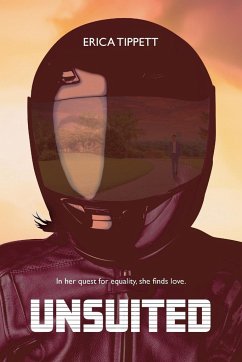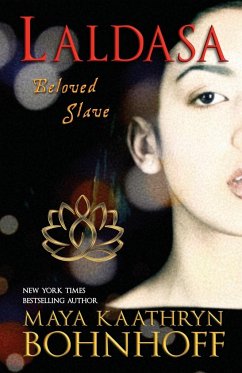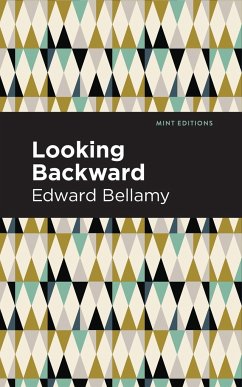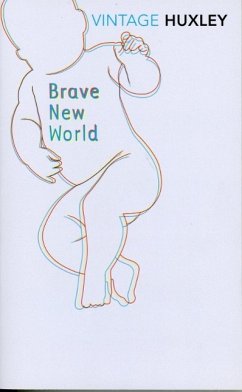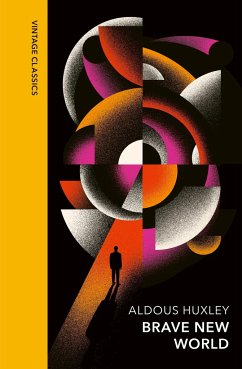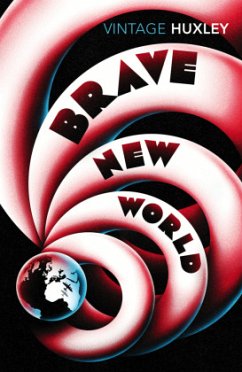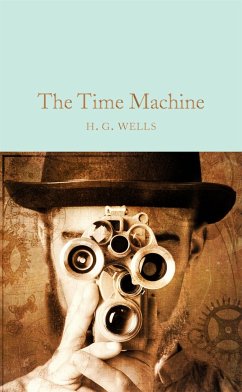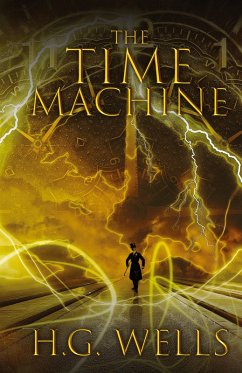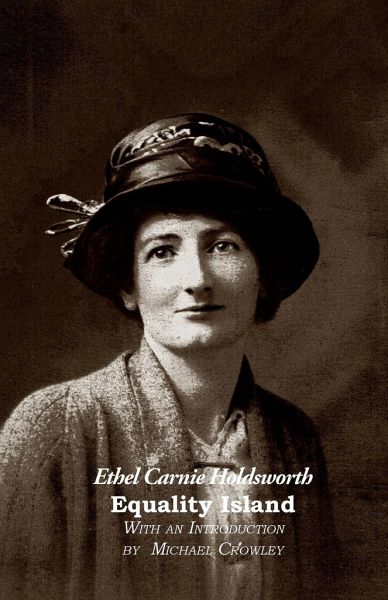
Equality island
Versandkostenfrei!
Versandfertig in 1-2 Wochen
20,99 €
inkl. MwSt.

PAYBACK Punkte
10 °P sammeln!
It is not enough to say that Ethel Carnie Holdsworth was a radical, and her novels express that. There is a broader narrative to her writing that relates to the development of her politics, her reaction to domestic and world events, and contemporary political thinking in socialist circles. Equality Island is a case in point. It was serialised in The Daily Herald at a time when Ethel was concerned about fascism gaining traction in Britain and the erosion of political rights in communist Russia. These were new causes for her, more than twenty years into a writing career and a life of political c...
It is not enough to say that Ethel Carnie Holdsworth was a radical, and her novels express that. There is a broader narrative to her writing that relates to the development of her politics, her reaction to domestic and world events, and contemporary political thinking in socialist circles. Equality Island is a case in point. It was serialised in The Daily Herald at a time when Ethel was concerned about fascism gaining traction in Britain and the erosion of political rights in communist Russia. These were new causes for her, more than twenty years into a writing career and a life of political campaigning which were intimately intertwined. That she found a way to conduct these two life-long quests is remarkable. It flew in the face of what was expected of someone from her class, her sex, indeed of someone from East Lancashire. But that can be said to be the essence of Ethel. She was a confirmed pacifist, yet from a young age declared war on society's expectations of her.



